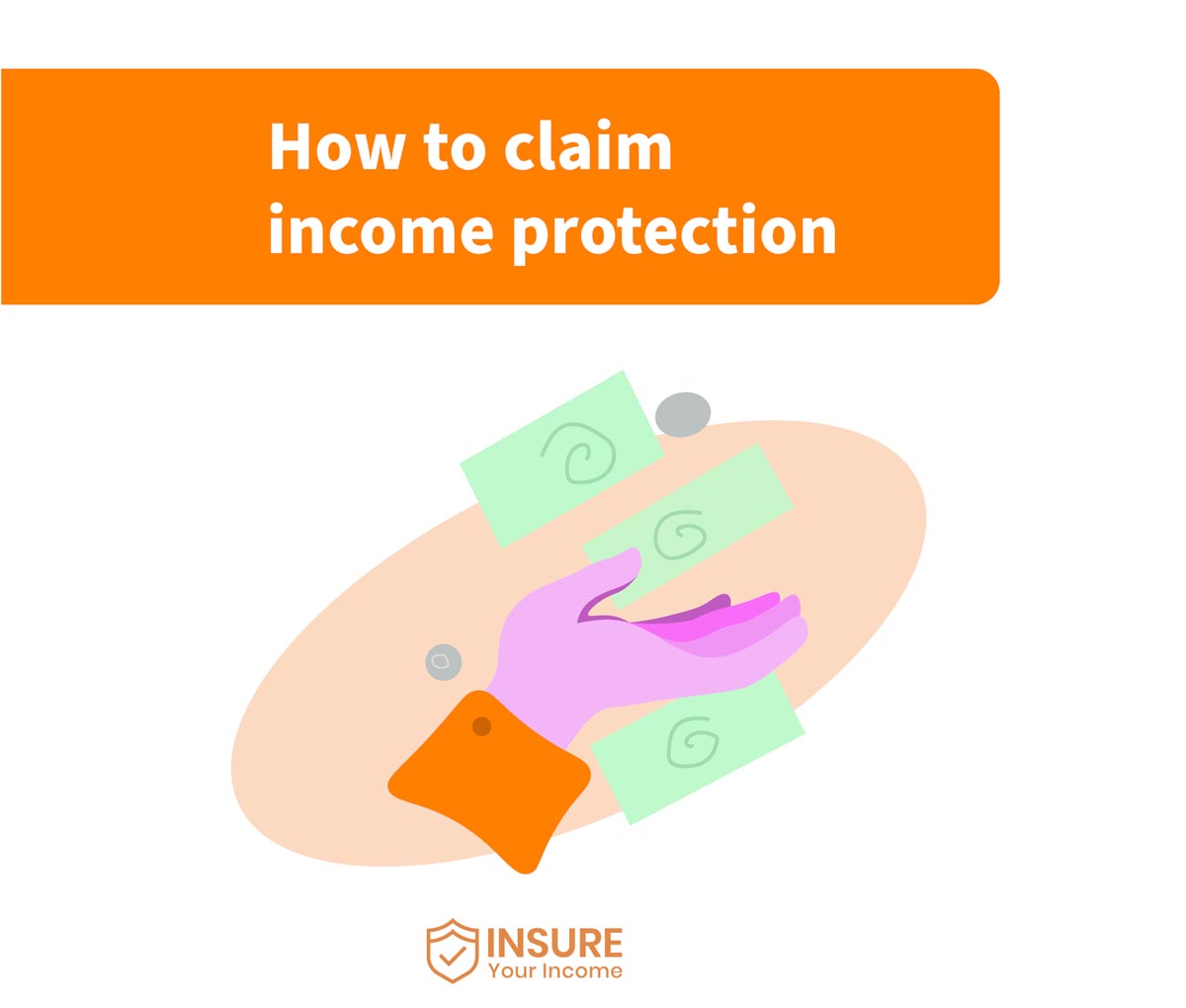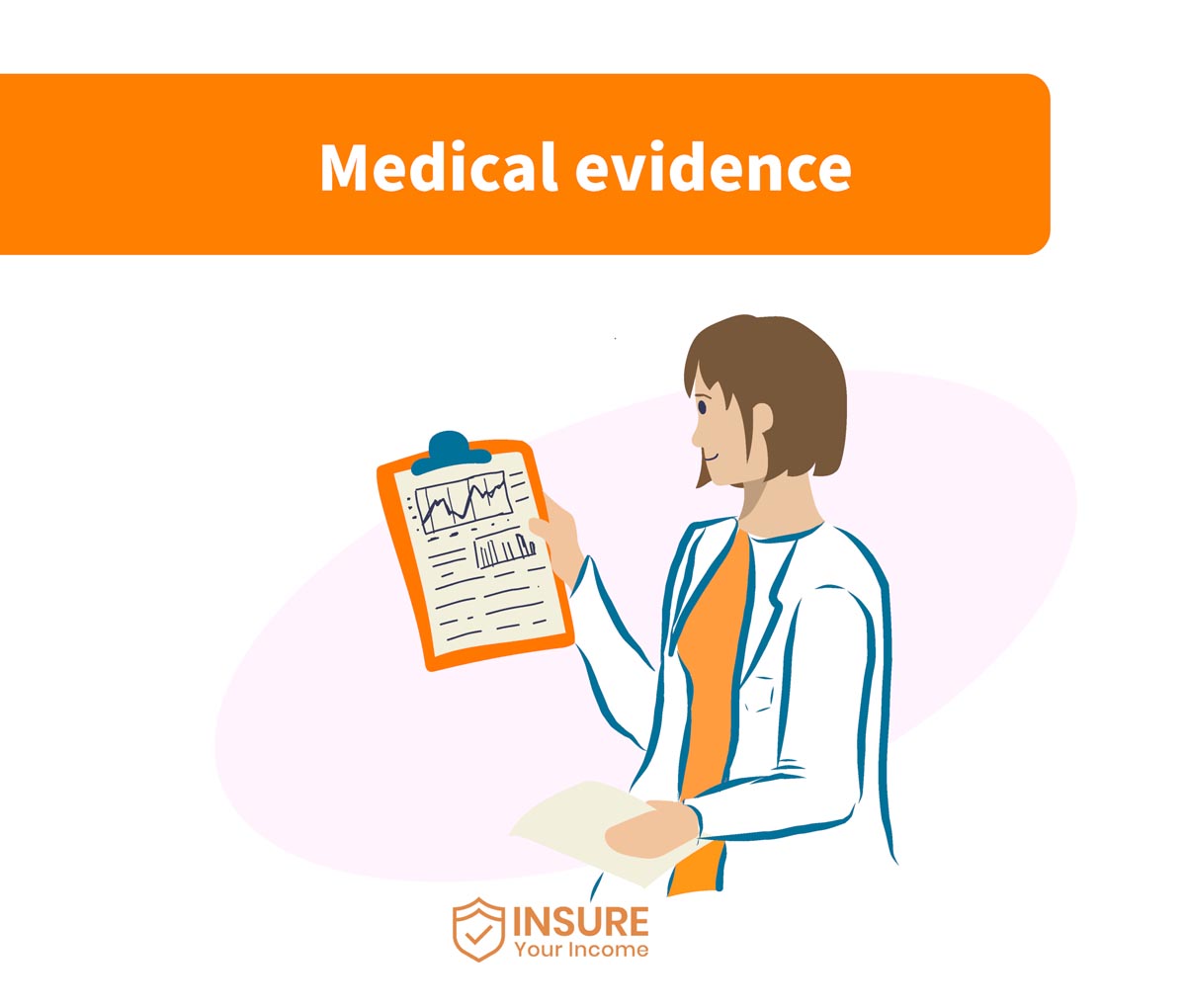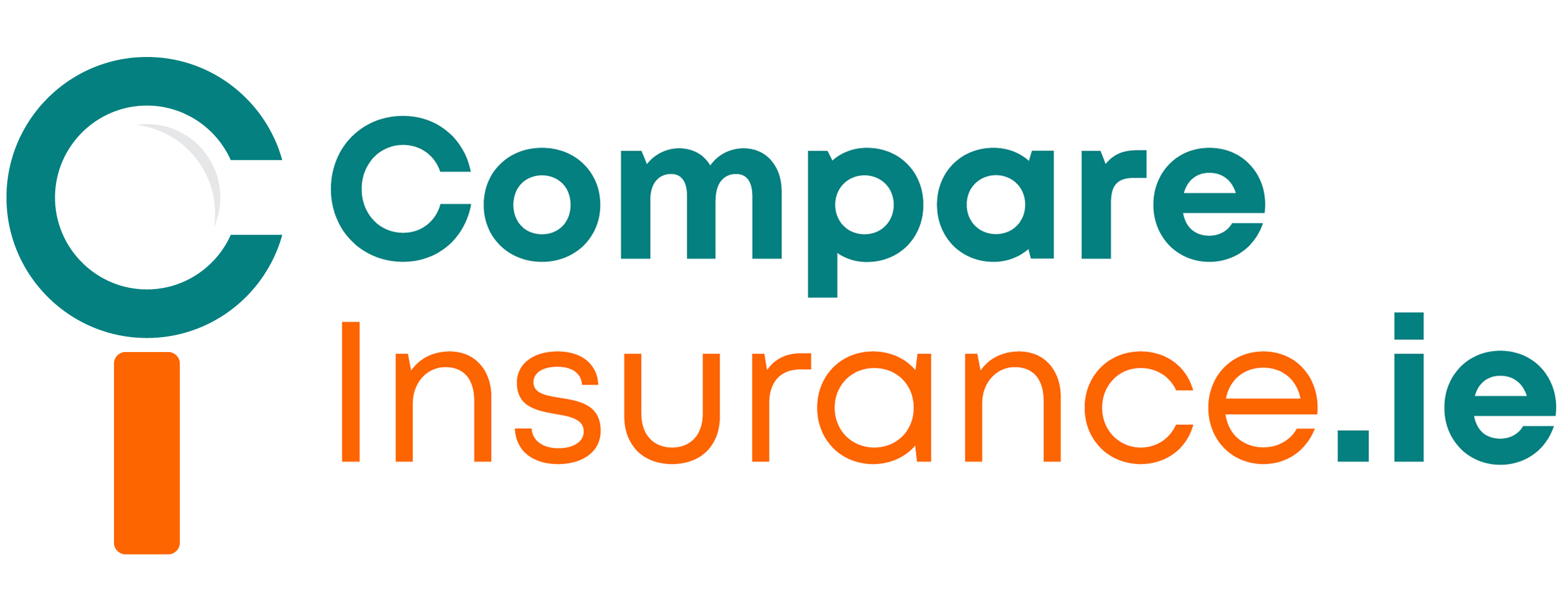How to claim income protection
Making an income protection insurance claim is a relatively straightforward process. Once you are injured or taken ill, so long as your payments are in order, your insurer will request your medical records and will immediately review your application.

How does income protection work?
You take out an insurance policy to protect your income when you are unable to work. Health complications, illness, or injury and disability can happen anytime.
You will need an income to match your outgoings.
By paying monthly premiums to an insurer you are covering yourself if unable to work. When you suffer ill health, or injury, then you claim against the premiums paid. In a nutshell that is how income protection works.
What is the first thing you should do?
Making contact with your insurance company is always the first step in any claim’s procedure. They will guide you through the process. From experience, there is little difference in the claim’s procedure amongst reputable insurance providers.
Your income protection insurance company will then send you out a claim form.
Digging out the income protection policy
While waiting for the claim form to arrive, you should get the income protection policy out of storage. It is at times like this that you will be glad you stored all your paperwork in a safe place.
Read through the policy and get one step ahead of the claims procedure. Take a look at the statement showing your premiums paid and check the benefits due.
Do not delay when you get the form
The sooner you fill out the form and get it back to your insurance provider, the quicker you will get your money.
They will have questions, and the sooner all is in order, the sooner payments will commence.
Check the deferred period
When you took out your income protection cover, you will have agreed on what is known as the deferred period. In simple terms, this is the time you have to wait before submitting a claim.
You should choose a realistic deferred period, one that suits your sick pay arrangements and other benefits. Some people go with four weeks, others eight while the average is around ten weeks.
If your sick pay does not cover you for long, then you should go for a shorter deferred period. Remember, you cannot claim income protection insurance until the deferred period is passed.
Get a head start with medical evidence
When you are unable to work, you claim your income protection insurance. Being unable to work is normally down to injury, serious illness, pregnancy complications or mental illness.
The terms of your income protection policy will spell these out clearly.
A visit to the doctor
Your first stop in getting paperwork together is the doctor’s surgery. To submit a successful protection claim, you will need that doctor’s cert. You may need just a letter, or a report from an A&E doctor.
Ask in advance so you can prepare properly.
It is a good idea to get the medical paperwork started as soon as possible. You may need to go for further assessment and this can take time.

Is qualifying for sick pay not enough?
You may need only a doctor’s cert when qualifying for sick pay. Your company or social welfare office will be happy with their opinion of you, for a while. Insurance companies will need more detail
Sick pay is for short-term cover. It helps when you first need it, but when it dries up you either get back to work or struggle on benefits. Neither is a good option when you have bills to pay but are unable to work.
When sick pay finishes, usually after a few weeks, you will need the income protection cover.
Self employed workers are vulnerable
For self employed people being unable to work is a very big problem. Sick pay does not exist for the self employed, and most cannot afford to get ill or injured.
Proof of earnings is another area
An income protection policy pays out according to your recent salary or monthly income. The insurance company may look for proof of earnings to back up your claims of income. Always keep payslips or work invoices on hand for when you need them.
You do not want to be scrabbling around trying to find bits and pieces when ill or on crutches.
Review your policy
Monthly income, what your employer pays, and any other income may affect your claim.
It is always a good idea to review an income protection policy with your broker at least once a year. You do not want any surprises when you least need them.
Income protection plan small print
Ideally, you should go through all the small print on a policy before putting pen to paper. There may be certain limits on what you can claim or for how long. The yearly limit, if there is one, often catches people when they send off their paperwork.
When did you start paying? Have you enough premiums paid to allow a full claim? Income protection policies are usually easy to follow but be aware of the small print.
Claiming for a pre existing condition
When you took out the income protection cover, did you tell the insurance company about a pre existing condition? Previous bouts of mental illness would qualify as a pre existing condition. Pregnancy complications and serious back conditions also come under the umbrella.
If unable to work because a pre existing condition reoccurs is fine, once you declared it when taking out the policy. If you did not, then to you may be in trouble.
Pre existing conditions can have knock-on effects which stop you from working. Declare them in your medical history, and you will not have any problems when submitting a claim.
Submitting the income protection paperwork
All insurance providers have a claims process. You contact them when you need the income protection payments. They talk you through all you need to know about the process and send you out the forms.
Now comes the crucial piece of the puzzle.
You need to sit down and get all the forms filled out and the paperwork together. Every section must be done, all the boxes ticked, and all the supporting evidence copied and attached.
Only when you have everything together, do you send off the income protection insurance claim.
What happens next?
It is the big question for existing customers when they submit a claim. In truth, there is nothing to do except wait for the company to get in touch.
They may have further questions for you. Often another certificate may be needed, or there is a question on medical history to answer.
You never know, but if you are prepared, then you should not have any worries.
Why is an income protection claim rejected?
There are many reasons why an income protection policy does not pay out on a claim. It could be that you have not yet reached the deferred period. Maybe you forgot to include the medical evidence required by the company.
Small problems like these are easily solved.
Big problems are a headache
Bigger problems may not be as easily resolved.
If you are claiming for a pre existing condition, which you did not declare, then you could be in trouble. Not keeping your premiums up to date is another red flag for an insurer.
Medical questions around the extent of your ill health or injury can hold up a claim for some time.
What to do?
Usually getting any questions answered solves most problems. Keeping your premiums up to dates is an obvious way to avoid complications. Pre existing conditions should always be declared.
The extent of your disability or ill health are difficult areas to address. Going back to your doctor or medical professional is the first step here.
Central Bank of Ireland regulations cover all insurance policies so you should check there if you are unhappy with a decision.
Contact Us
At Insure Your Income we are here to help. We can talk you through all the options and help you choose the right income protection plan for your needs.
Income protection policies should benefit the worker when the time comes. We can help you choose a policy with the best claims process and without too much small print.
Contact us today for all your income protection needs.





